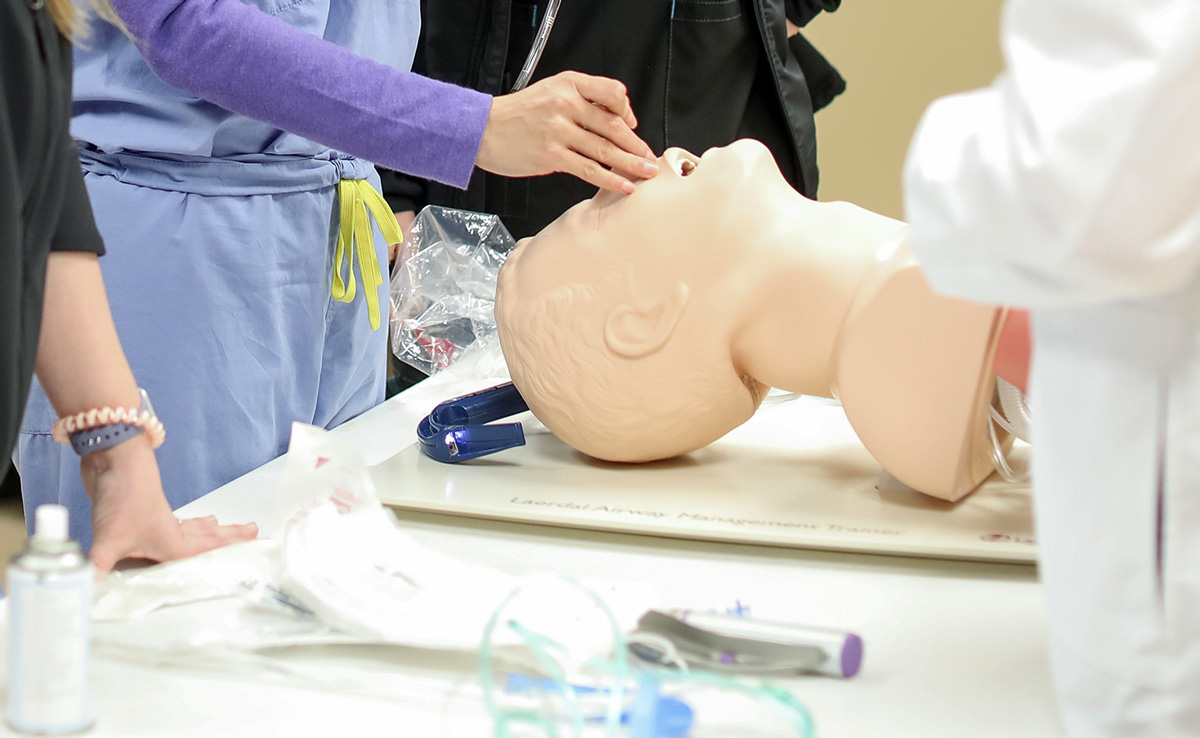Frequently Asked Questions
What is accepted as Critical Care Experience?
Critical Care Experience — Critical care experience must be obtained in a critical care area within the United States, its territories or a U.S. military hospital outside of the United States. During this experience, the registered professional nurse has developed critical decision making and psychomotor skills, competency in patient assessment, and the ability to use and interpret advanced monitoring techniques.
A critical care area is defined as one where, on a routine basis, the registered professional nurse manages one or more of the following:
- invasive hemodynamic monitors (such as pulmonary artery catheter, CVP, arterial)
- cardiac assist devices
- mechanical ventilation
- vasoactive infusions
Examples of critical care units may include but are not limited to:
- Surgical Intensive Care
- Cardiothoracic Intensive care
- Coronary Intensive Care
- Medical Intensive Care
- Pediatric Intensive Care
- Neonatal Intensive Care
Those who have experiences in other areas may be considered provided they can demonstrate competence with managing unstable patients, invasive monitoring, ventilators, and critical care pharmacology.
What is the course schedule like for a SRNA each year?
- During Year 1, students are on campus in Jackson, TN for didactic training. During this time students focus on sciences, basics of anesthesia, extensive simulation training, workshops, and preparing for clinical training.
- During Year 2, students begin clinical training three days a week and return to campus one day a week for didactic training in specialized courses for obstetrics, pediatrics, cardiac, and neurosurgical anesthesia. Students also begin their DNP Projects during this time.
- During Year 3, students begin specialty rotations in cardiac, obstetrics, pediatrics, trauma, and regional anesthesia and attend clinical four days a week or on-call rotations. Students return to campus every Friday for specialty workshops.
Will I need to move to Jackson, TN?
We strongly encourage students to move to Jackson or within the immediate vicinity (60 miles) for at least the first year. Longer commutes reduce the amount of time available to study anesthesia.
May I transfer courses to Union?
Students may transfer up to 9 credit hours of graduate work to Union University.
How many applications do you receive each year?
On average we receive 150 applications, interview 90 students, and accept 30 students for each cohort.
Will I be trained in regional anesthesia?
YES. Our faculty are industry recognized experts in regional anesthesia and Point-Of-Care Ultrasound. They travel the country teaching regional anesthesia and POCUS. Students receive a Butterfly IQ personal ultrasound and are trained in ultrasound guided procedures. We currently have five clinical sites with designated regional anesthesia training.

